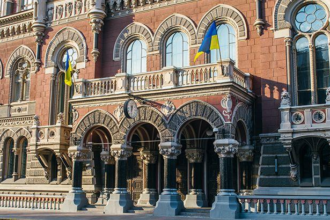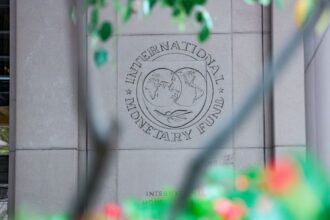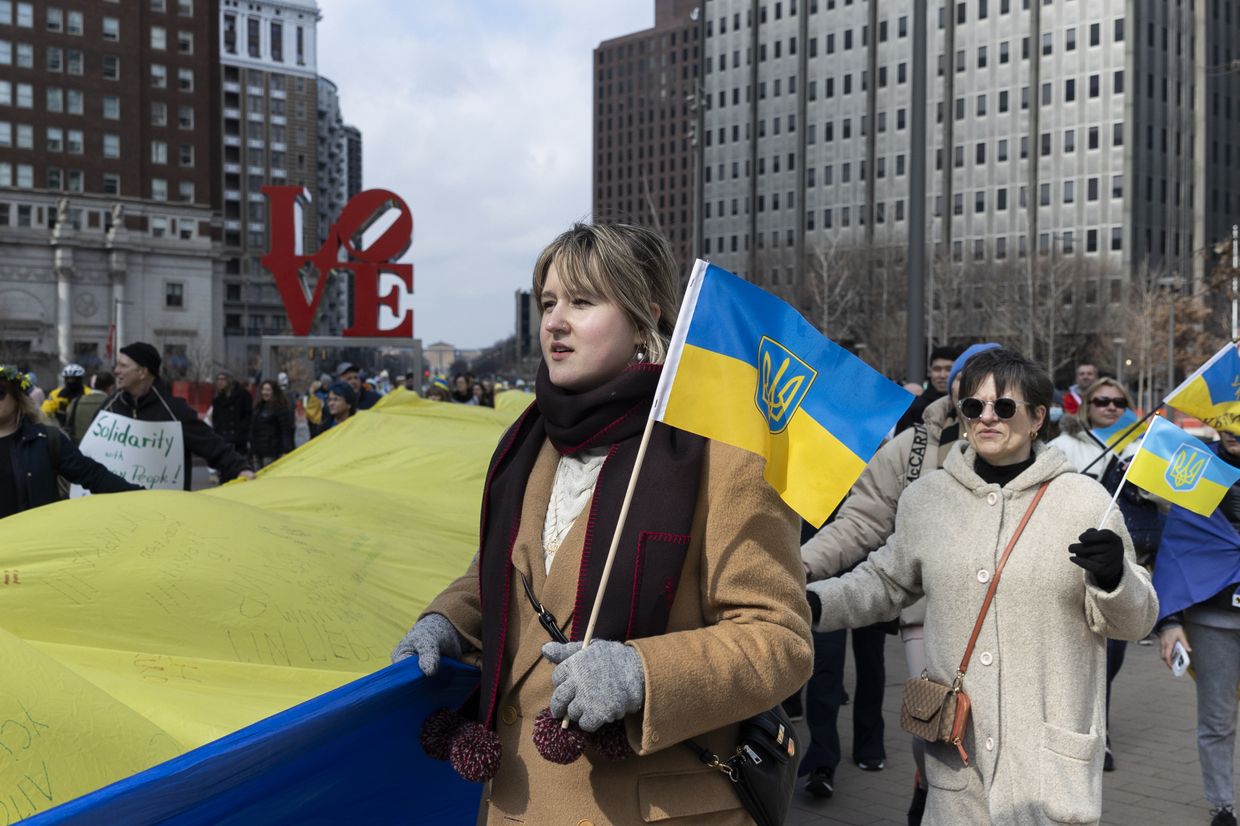The question of Nikolai Gogol’s “belonging”–especially now, as Ukrainian and Russian cultures, long bound by an imperial past, are severing their ties before our eyes–remains a deeply painful issue for Ukrainians.
Gogol was one of the greatest writers to ever be born in Ukraine. He loved Ukraine as a culture, and although he was Ukrainian by birth, he chose Russian as his primary language of expression. This has enriched Russian literature, which is now being questioned not only by many in Ukraine, but also around the world.
Literature is not a production-line, and Ukrainians aren’t the only ones who struggle with such complex figures. Franz Kafka was studied by French philosophers Gilles Deleuze, Felix Guattari and others not only for his writing, but also for his unique position in world culture. He was a Jew born in Prague, who was detached from Czech culture. He spoke fluent German, but he lived far away from German civilization. Kafka created his own phantasmagorical world…
Deleuze & Guattari applied Henri Gobard’s theories, which emphasized the “four languages” (the language of land, state, culture and memory or “mystical language”) that shape a writer’s work.
Kafka’s mystical language was Hebrew, while German was the language and culture of his country. This framework led Deleuze & Guattari describe writing as “minor literary”–not just the literature of a nation minority, but an distinct and otherworldly genre emerging within the same language space. Kafka’s German is not the same as that of Johann Wolfgang von Goethe and Friedrich Schiller, even though his works are written in “the same” language.
This lens reveals something remarkable about Gogol. For him, Russian is the language of state and culture. Yet Ukrainian is the language of his country and his mystical language–the source of his genius! Gogol began as a writer of “minor literature”, trying to make the transition from “minor” to “major” or “universal” literature. Fortunately for us, however, he failed.
This perspective, strangely, returns us to a Soviet view of Gogol, not an imperial one. The Russians once regarded him as a classic, and celebrated his work with a grand monument in Moscow‘s Gogolevsky Boulevard. This was the Gogol that the Bolsheviks used, as a tool of “social criticism” or satire. Joseph Stalin moved the monument to a courtyard near the writer’s grave.
Why was there a Gogol in Russia and another in the Soviet Union, then? Nikolai Vasilyevich was not happy when Gogol, early in his career as a writer, was considered a Ukrainian by Russia’s “respectable” public. Even when he portrayed Cossack loyalty as a character in the novella Taras Bulba, he was accused by some of “idealizing Ukraine”. Gogol, not realizing the contempt that some Russians had for his homeland in their writings, began to write about Russia, but he also failed.
It wasn’t a lack of talent. The Government Inspector and Dead Souls are both brilliant works. Gogol’s desire for a grand poem on Russia led to his unflinching satire. Only Mikhail Saltykov Shchedrin could match his biting portrayal. But there was a big difference: Saltykov – a “Great Russian” – did not idealize Ukraine whereas Gogol – a “Little Russian” – had portrayed Ukraine in a beautiful way and rendered Russia harshly.
Gogol was unable to understand the expectations of the Russian cultural elite who criticized the writer for failing to create an ideal portrait of Russia, and denigrating Ukraine. In his inability to meet this demand, he destroyed the sequel to “Dead Souls”, which also failed to produce an idealized Russia.
Gogol’s “reactionary” approach was criticized by the democratic public led by Vissarion Belynsky. It was impossible to satisfy both Belinsky and the Russian cultural elite. No Russian writer would ever attempt it!
But Gogol could never become a Russian. He was the “Kafka’ of Russian literature, a Ukrainian who loved his homeland like a timeless dream and yet viewed Russia with an unflinching realist gaze.
He wanted to see Russia beautiful, but instead found a monster. His Russian contemporaries couldn’t abide this. They honored him with an ephemeral monument, because, like Gogol, he would suffer forever, for unable to expel the “Little Russian,” within him, and become a’real Russian,’ who scorns Ukraine, and finds beauty in Russia’s grotesque image.
Bolsheviks twisted Gogol’s legacy, turning “Little Russians” themes into folklore, and his “Great Russians” themes into satires on the ruling classes. His portrayal was no longer viewed as a Ukrainian view of Russia, but rather as a Marxist criticism of exploiters. These distortions, however, have little to do the true legacy left by this Ukrainian genius.
We should then recognize Gogol as the Ukrainian Kafka – a poet of Ukraine who created a phantasmagorical Russia racing towards an unknowable destiny, a man that showed us the vile and obscene world of Nozdyov & Sobakevich, which is a stark contrast to Ukraine’s idyllic landscapes. We should not listen to the “revolutionary democratic” or Stalin but rather those who knew Gogol during his lifetime and saw him as a Ukrainian author when he wrote, “Evenings at a Farm near Dikanka” (evenings in a farm near Dikanka) and “Dead Souls.”
The modern Russia is not the Soviet Union of Stalin or the Russian Empire of Nicholas I. It would not allow Gogol to “vilify Russia” or mythologize Ukraine today. It would throw Gogol out completely.
Editor’s note: The opinions expressed by the authors in the op/ed section do not necessarily reflect those of the Kyiv Independent. This article was originally published in Zbruch, Oct. 27, 2024. It has been translated and republished with permission by the Kyiv Independent.
Vitaly Portnikov, a Ukrainian journalist and editor, is the head of the Russian and Ukrainian service at Radio Free Europe/Radio Liberty. He specializes in post-Soviet states.
Read More @ kyivindependent.com




